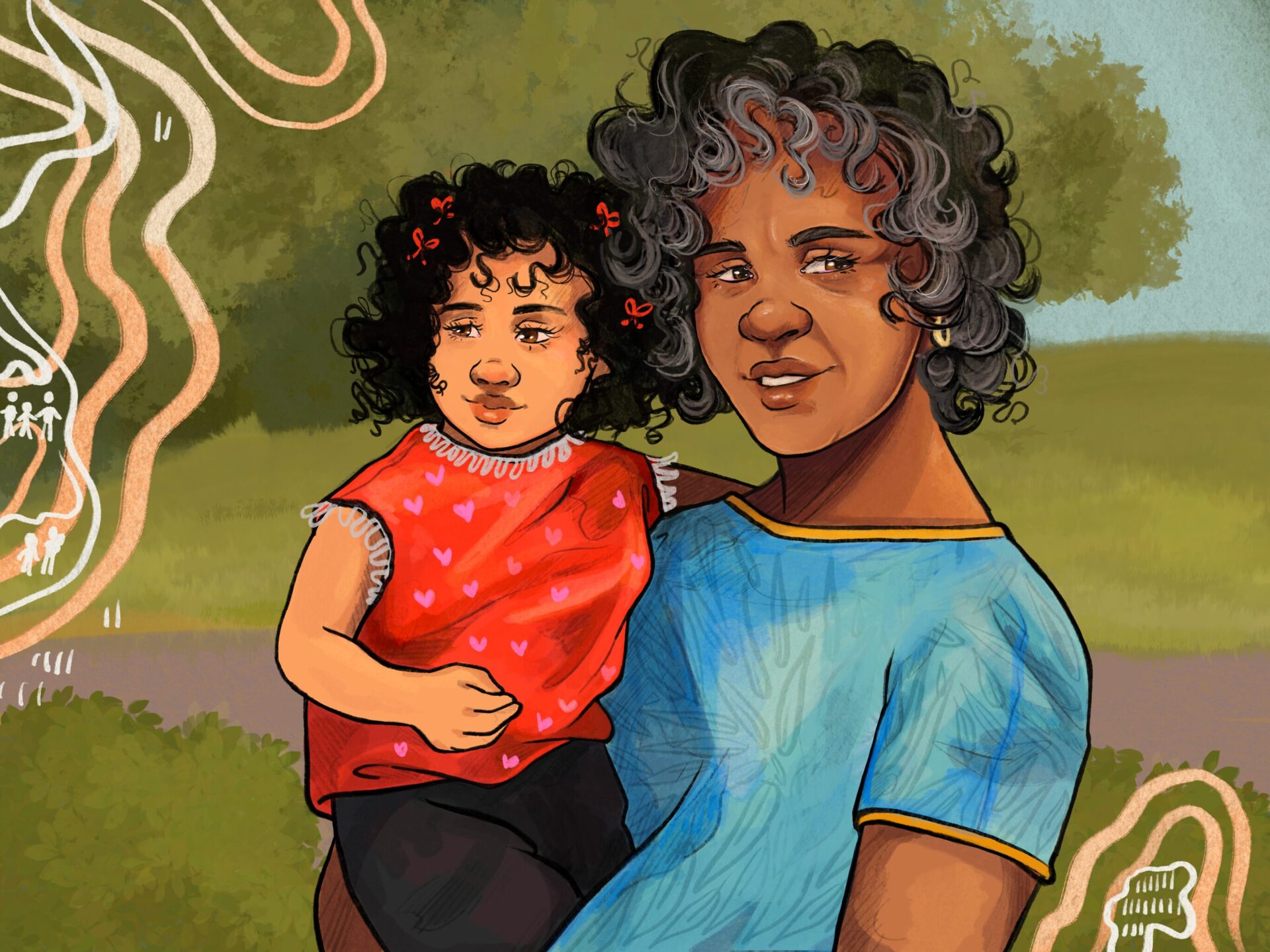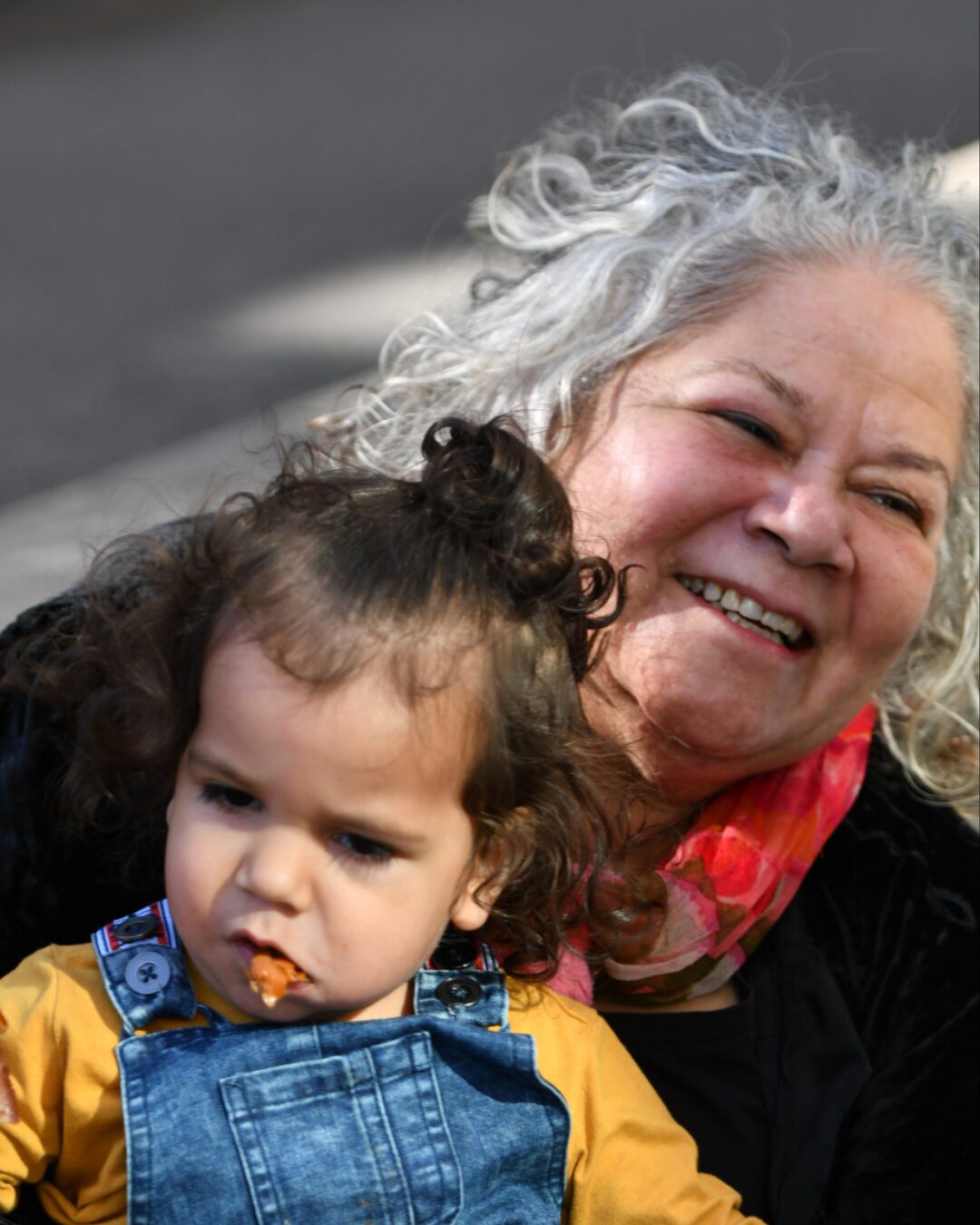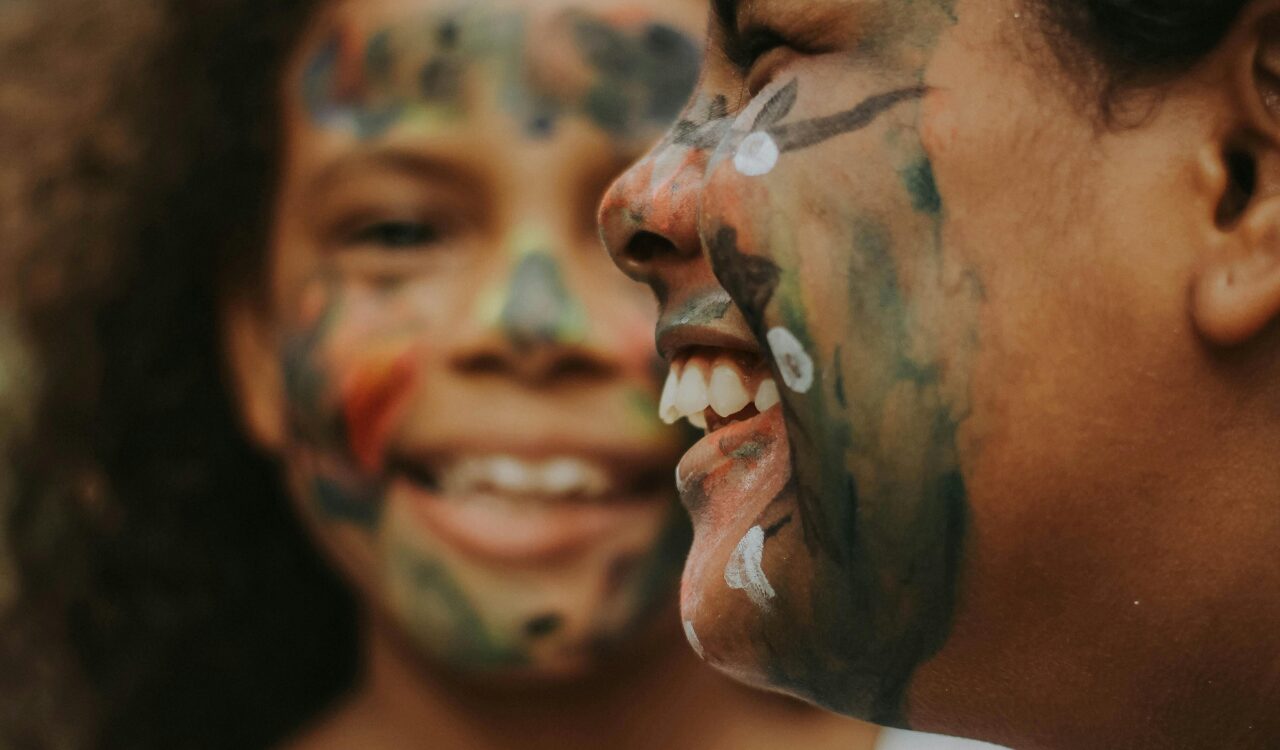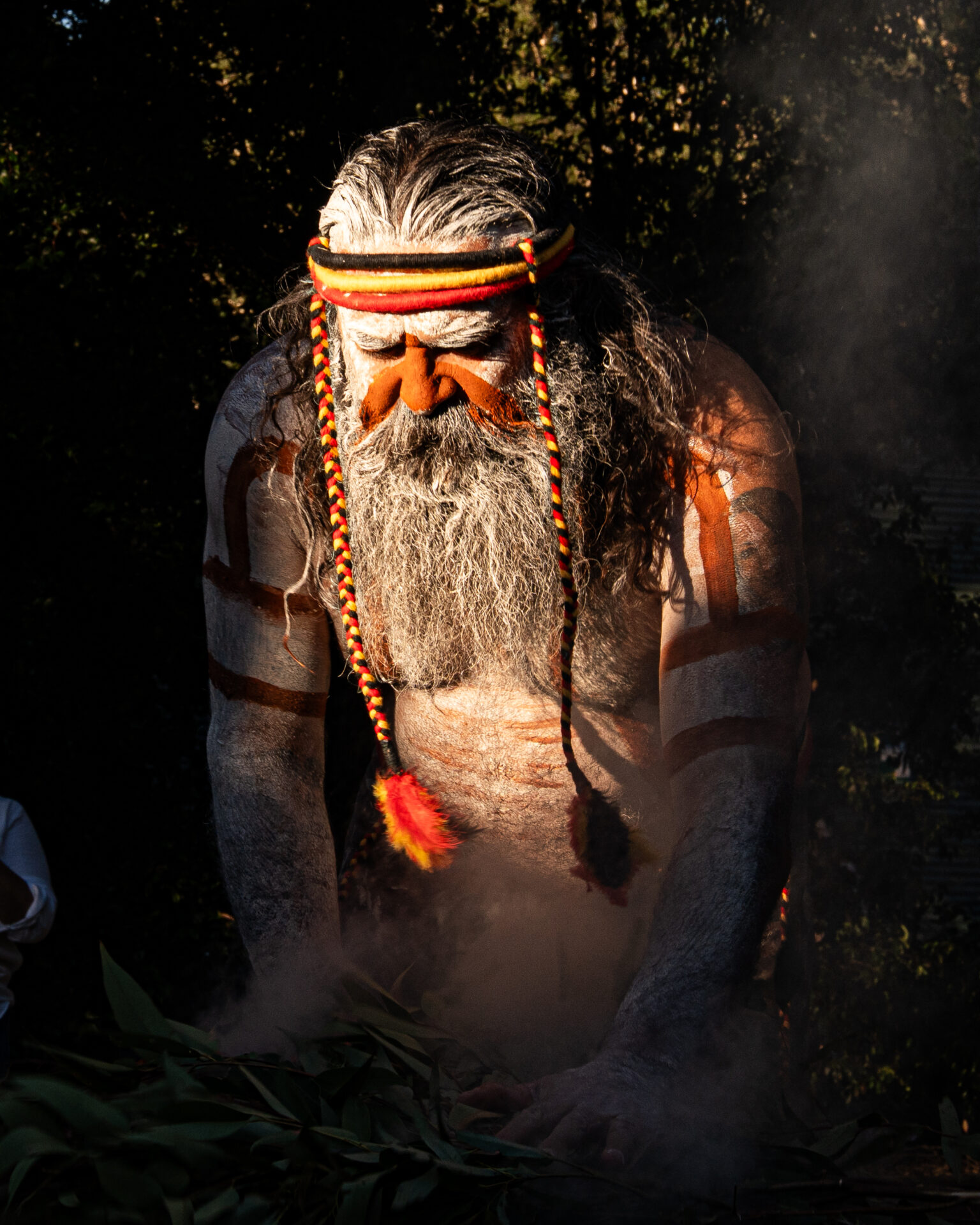New South Wales
Community and Family Support Program updates
The Department of Communities and Justice (DCJ) have finalised the Community and Family Support (CAFS) Program Specifications. The CAFS program merges DCJ’s Targeted Earlier Intervention (TEI) and Family Connect and Support (FCS) early support programs. The program offers voluntary support to children, young people, families and communities, early in life and early in need. CFS commences January 1, 2026. The CAFS Program Specifications detail the intended program outcomes, target groups, activities and requirements of providers delivering CAFS services.
NSW Office for Youth launches
The state’s first dedicated NSW Office for Youth launched in August where young people will have more involvement in government decision-making processes. This comes as the NSW Government’s 2024 Youth Summit Report shows 76% of young people feel unheard in government decision-making. The Office is intended to give young people a central point of engagement in government, after the youth portfolio was abolished in 2011.
Source: NSW Government
New strategy to boost support for specialist workers
The NSW Government announced $2.5 million funding to strengthen the Domestic and Family Violence (DFV) workforce.
Launched on 21 August, ‘Strengthening the NSW Domestic and Family Violence Sector: Workforce Development Strategy 2025-2035’ lays the foundation for long-term reform of the NSW DFV sector and to support the recruitment and retention of skilled staff to assist victim-survivors stay safe, heal and recover.
The Strategy prioritises workplace safety, health and wellbeing, improving workforce recruitment and renewal, driving workforce diversity, boosting collaboration and supporting skills and capability development. There is also recognition of the value of lived experience in the workforce. Funding aims to ensure DFV workers have access to high-quality supervision and to investigate models for student recruitment in the sector.
Source: NSW Government
BOCSAR release latest Justice Data
New data released on August 14th by the NSW Bureau of Crime Statistics and Research (BOCSAR) reveals a significant rise in the number of young people in detention across the state. As of June 2025, 234 young people were in custody, marking a 34% increase compared to June 2023 (up 59 young people from 175 in June 2023). The report also highlights the ongoing overrepresentation of Aboriginal youth in the criminal justice system. Aboriginal young people now account for 60% of the total youth detention population despite Aboriginal people making up just 8% of young people in NSW.
Jackie Fitzgerald, Executive Director of BOCSAR has attributed the increase to a rise in the number of Aboriginal children and young people on remand awaiting their day in court. This latest data shows a significant regression in progress toward Closing the Gap target 11: Aboriginal children and young people are not overrepresented in the criminal justice system in NSW.
Source: BOCSAR
Youth Justice Programs in Riverina and Western Sydney
Government is investing $4.2 million over two years to extend pilot programs for young people in the Riverina and Western Sydney at risk of interacting with the youth justice system. The Cockatoo Initiative in Riverina and My Path in Penrith focus on early support to children aged 8-17 years:
- with exposure to domestic and family violence
- who are disengaging from school and/or
- experimenting with drug and alcohol use
These are all factors linked with later justice system involvement. The programs are youth-friendly and culturally safe and offer Aboriginal children and young people the opportunity to spend time with local Elders, First Nations mentors and First Nations youth workers.
Source: NSW Government
Victims of Crime Commissioner role established
The Commonwealth Department of Social Services has announced a 25% boost for food relief and financial wellbeing. This The Victim Rights and Victims of Crime Commissioner Bill 2025, was introduced into NSW Parliament in August, fulfilling an election promise to establish an Independent Victims Commissioner. If passed, the Bill will establish an independent commissioner to advocate for victim survivors of crime. The new Commissioner will:
- assume the advocacy functions of the current Commissioner of Victims’ Rights
- advocate on behalf of victims of crime at a systemic level and
- oversee the Charter of Victims’ Rights including investigating agencies alleged to have breached the charter and preparing reports to Parliament.
The Commissioner will also have responsibility for identifying, reviewing and conducting research into systemic issues faced by victims of crime and making recommendations to the Attorney General.
Source: NSW Government
NSW Aboriginal Business roundtable
NSW Department of Aboriginal Affairs will host a roundtable for Aboriginal businesses on Woirimi Country on Thursday, 9 October. The event is free to attend and is for Aboriginal business owners and operators with an interest in Aboriginal cultural tourism and the visitor economy. The event will be held at the Murrook Cultural Centre in Williamstown near Newcastle from 10 am to 3 pm with morning tea and lunch provided. Virtual attendance will also be available.
Source: Aboriginal Affairs NSW
Commonwealth
National Agreement to strengthen Working With Children Checks (WWCC)
At the Standing Council of Attorneys-General (SCAG) meeting on August 15th, Attorneys-General from across Australia agreed to urgently work towards implementing mutual recognition of negative WWCC notices by the end of 2025. The change would see anyone denied or stripped of a clearance in one state barred from working with children in other states. The Minns Government also agreed with other jurisdictions to strengthen and make consistent WWCCs and to remove barriers for information sharing. This will include a consistent risk-assessment framework and WWCC exclusion criteria for consideration at SCAG in late 2025.
These developments follow announcements by Premier Minns last month to remove external appeal rights to denied WWCC applicants.
Source: NSW Government








